Germany is navigating a time of uncertainty. Two weeks ago, the so-called "traffic light coalition" dissolved, and snap elections are expected in February. Hermann Binkert - managing director of the polling company INSA-Consulere, and former state secretary - spoke to Magyar Nemzet about the situation and the potential outcomes. According to Mr. Binkert, disputes within the three-party coalition government, which had ruled for three years, were numerous, but the fundamental issue was that the parties (and their voter bases) were simply incompatible.
There were two left-wing parties, the SPD and the Greens, and a centrist liberal party, the FDP. These three didn’t fit together, and neither did their voters, particularly those of the FDP,
– Mr. Binkert explained. He added that it was crucial for the FDP to leave the coalition before the elections, since the party had lost nearly half of its voters since the last federal election. Remaining in the government would have likely led to the FDP's exclusion from parliament.
Regarding the future, Mr. Binkert suggested that Friedrich Merz, leader of the opposition CDU, is the most likely candidate to become chancellor. However, the question remains with whom he will form a coalition. The most probable scenario is a coalition with the SPD. The alternative is a partnership with the Greens, but that would not be ideal. The most desirable coalition would be CDU–CSU–FDP, but mathematically, it won’t work," Mr. Binkert explained.
One in every five votes will go to the AfD, which will receive about 20 percent of the vote. Since no one wants to govern with them, the result is many votes that cannot be utilized. And this is the CDU’s main problem: they are popular among middle-class, liberal-conservative voters, but their available coalition partners force them to adopt center-left policies. If they return to government, they will clearly disappoint their base,
– the expert pointed out.
The CDU should have gained way more from the current coalition's unpopularity, but recently Germany’s political landscape has shifted, as ecidenced by the emergence of the AfD on the right and the BSW on the left. Both of these parties agree on certain key issues like Ukraine, rejecting migration, or opposing the gender ideology.
This is why the BSW calls itself left-wing conservative, while many in the AfD describe their party as socially conservative,
– Mr. Binkert stated.
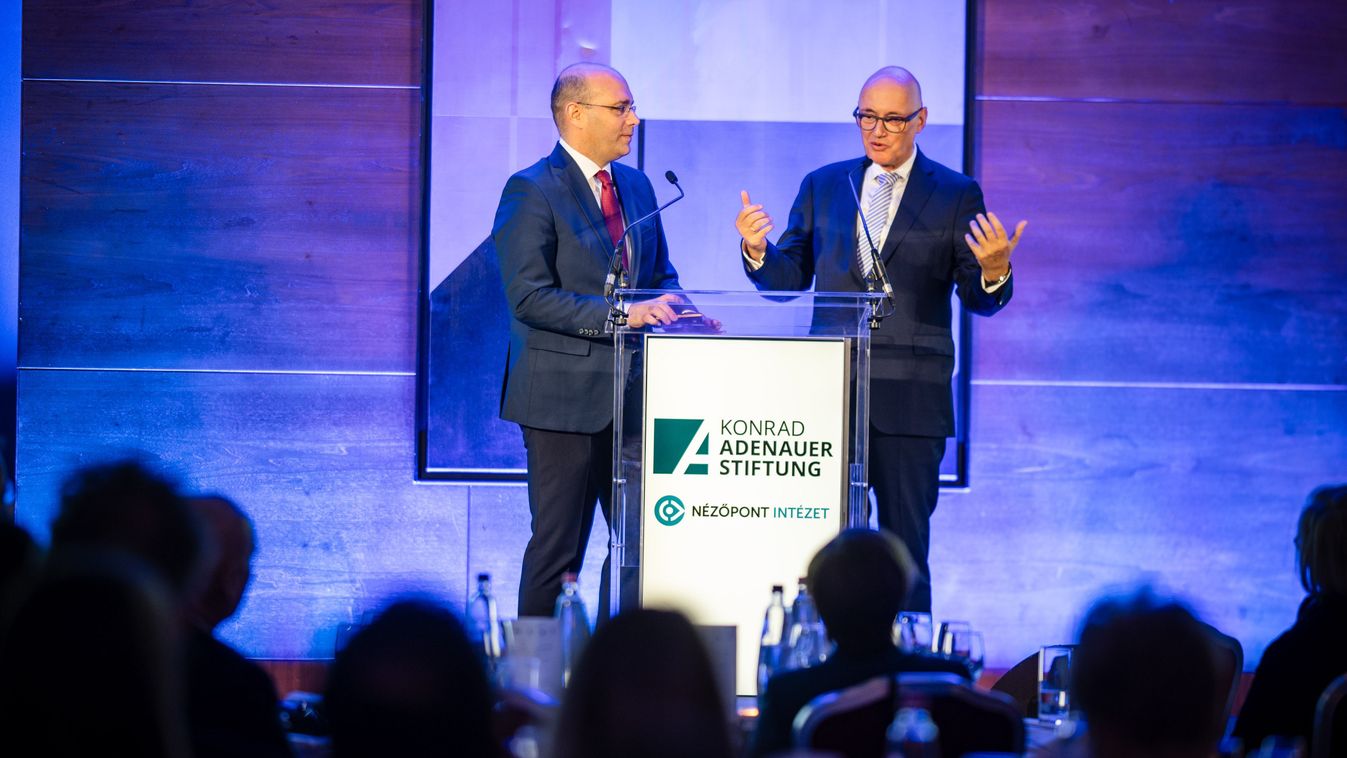

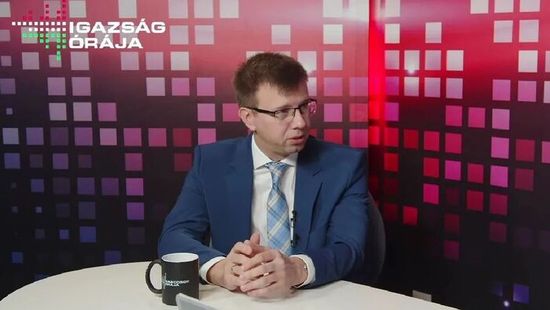

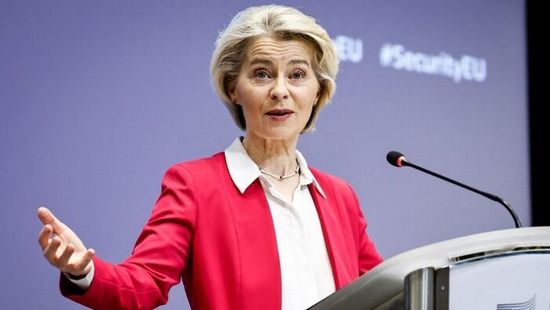

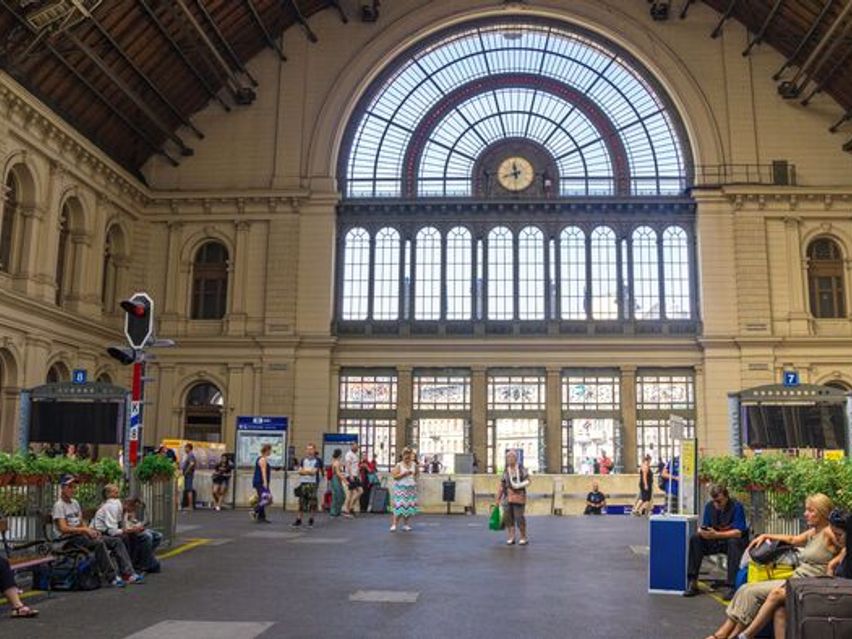
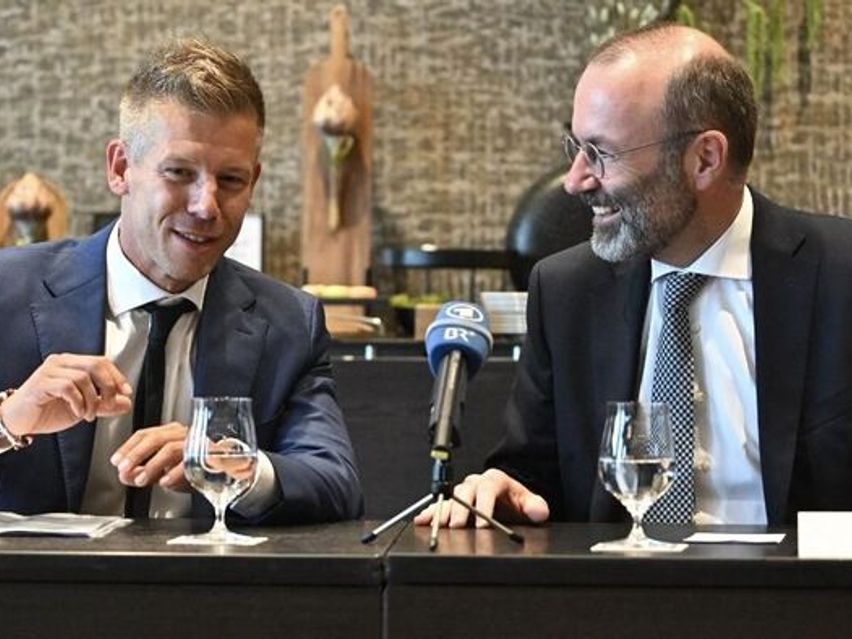



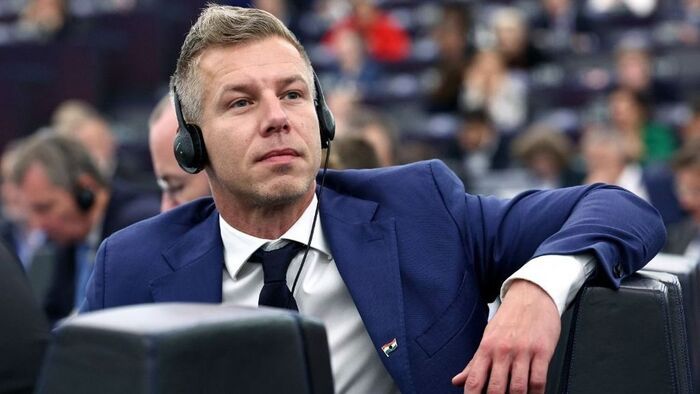


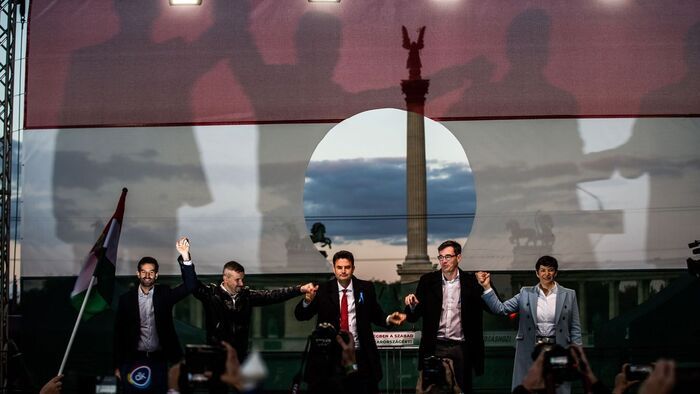

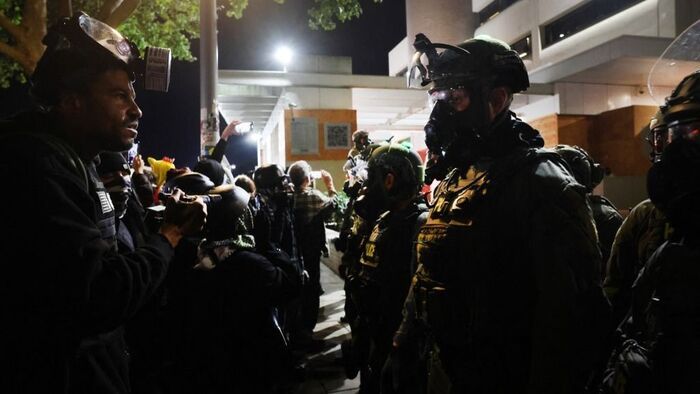
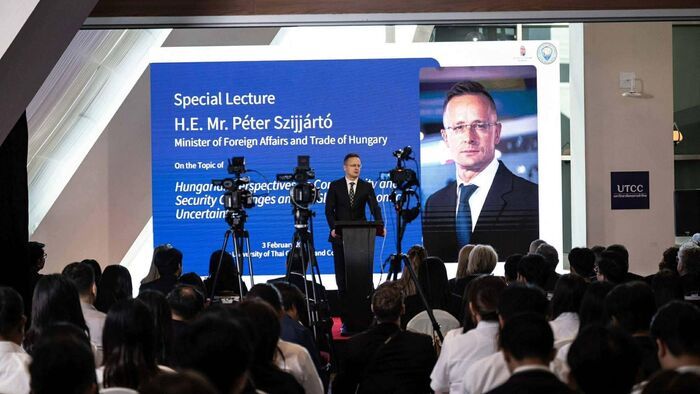

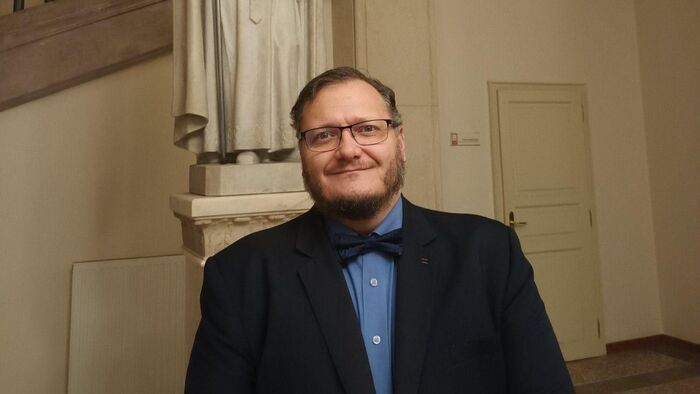


Szóljon hozzá!
Jelenleg csak a hozzászólások egy kis részét látja. Hozzászóláshoz és a további kommentek megtekintéséhez lépjen be, vagy regisztráljon!